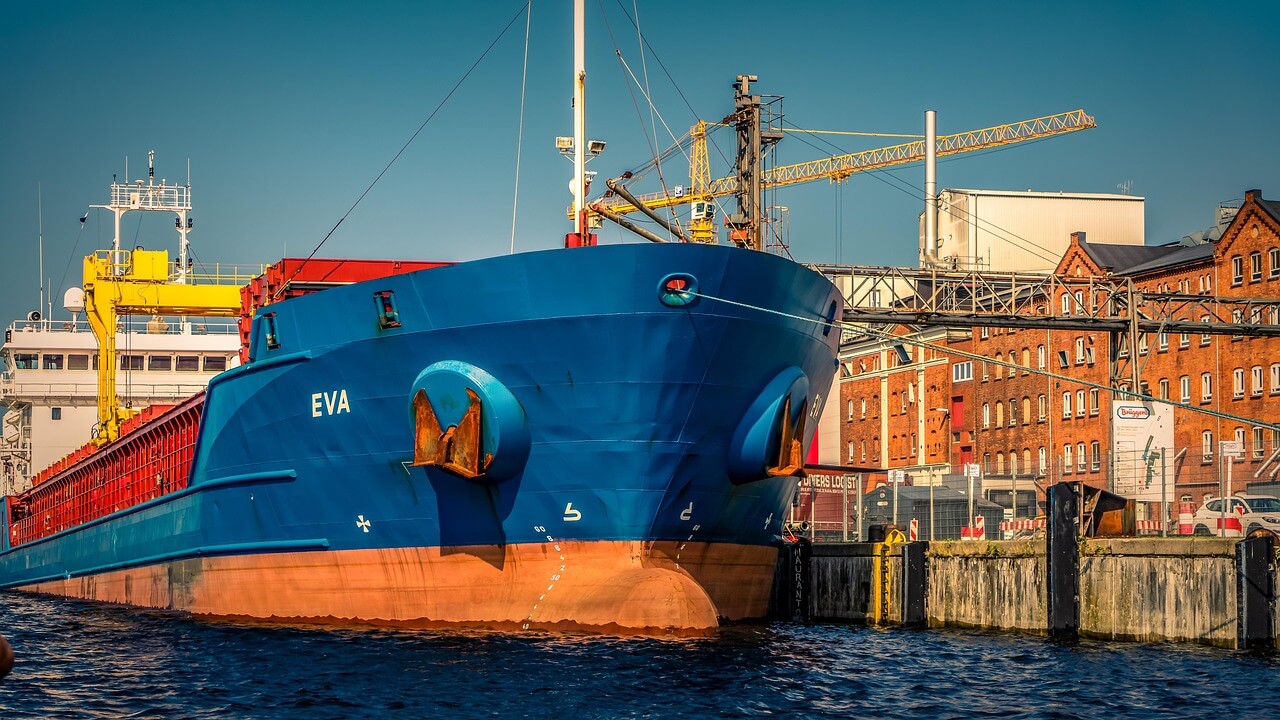
28
Apr
Are the import and export fees of UAE freight forwarders affected by port congestion?
Title: Impact of Port Congestion on Freight Forwarding Costs in UAE
In the United Arab Emirates (UAE), the role of freight forwarders in import and export trade is pivotal. They ensure smooth navigation of goods from origin to destination, managing various processes like customs clearance, transportation, and delivery. The speed and efficiency of this process are often influenced by several factors, one of which is port congestion.
Port congestion, a common occurrence in many global trade hubs, directly impacts the speed of cargo handling and subsequently affects freight forwarding costs. In the context of UAE, where several major ports handle a significant volume of international trade, port congestion can significantly influence the logistics and transportation industry.
When ports are congested, there are delays in loading and unloading ships, causing a buildup of cargo. This slowdown often leads to additional expenses for freight forwarders as they wait for cargo to be processed. The longer the wait time, the higher the costs associated with storage, handling, and other related services. Moreover, port congestion often leads to a surge in demand for faster transportation options to compensate for delayed shipping times, thereby driving up the cost of express freight services.
Additionally, any disruption at the port can affect the overall reliability of the supply chain, leading to additional costs in terms of rescheduling shipments or managing unexpected delays. Freight forwarders must closely monitor the situation at ports to identify potential bottlenecks and plan their logistics accordingly.
In conclusion, port congestion in UAE has a direct impact on the cost and speed of freight forwarding services. Freight forwarders need to stay vigilant and proactive in managing their operations to ensure efficient import and export trade amidst such challenges. Regular updates on port conditions, proactive communication with suppliers and carriers, and adoption of technology-driven solutions can help mitigate the impact of port congestion on freight forwarding costs.
In the United Arab Emirates (UAE), the role of freight forwarders in import and export trade is pivotal. They ensure smooth navigation of goods from origin to destination, managing various processes like customs clearance, transportation, and delivery. The speed and efficiency of this process are often influenced by several factors, one of which is port congestion.
Port congestion, a common occurrence in many global trade hubs, directly impacts the speed of cargo handling and subsequently affects freight forwarding costs. In the context of UAE, where several major ports handle a significant volume of international trade, port congestion can significantly influence the logistics and transportation industry.
When ports are congested, there are delays in loading and unloading ships, causing a buildup of cargo. This slowdown often leads to additional expenses for freight forwarders as they wait for cargo to be processed. The longer the wait time, the higher the costs associated with storage, handling, and other related services. Moreover, port congestion often leads to a surge in demand for faster transportation options to compensate for delayed shipping times, thereby driving up the cost of express freight services.
Additionally, any disruption at the port can affect the overall reliability of the supply chain, leading to additional costs in terms of rescheduling shipments or managing unexpected delays. Freight forwarders must closely monitor the situation at ports to identify potential bottlenecks and plan their logistics accordingly.
In conclusion, port congestion in UAE has a direct impact on the cost and speed of freight forwarding services. Freight forwarders need to stay vigilant and proactive in managing their operations to ensure efficient import and export trade amidst such challenges. Regular updates on port conditions, proactive communication with suppliers and carriers, and adoption of technology-driven solutions can help mitigate the impact of port congestion on freight forwarding costs.
LEAVE YOUR COMMENT
categories
recentpost
-
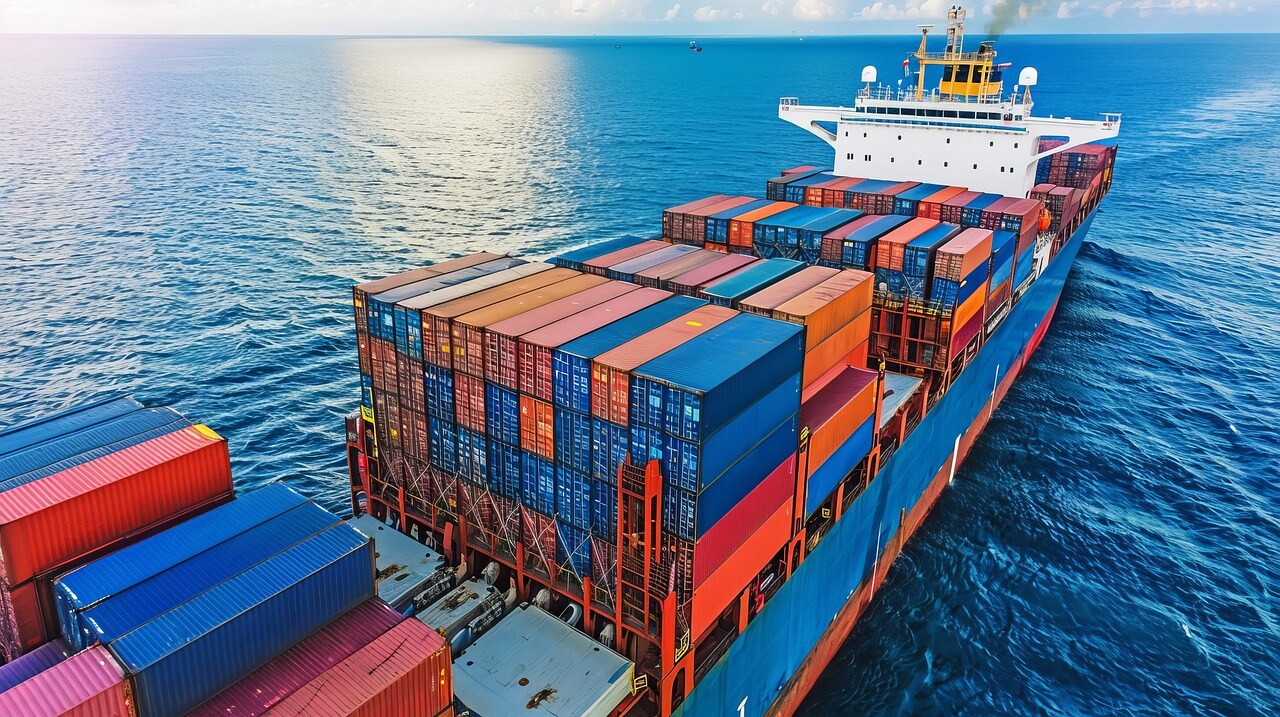 How can freight forwarders achieve efficient logistics and shipping from China to Tanzania?Apr 30,2025
How can freight forwarders achieve efficient logistics and shipping from China to Tanzania?Apr 30,2025 -
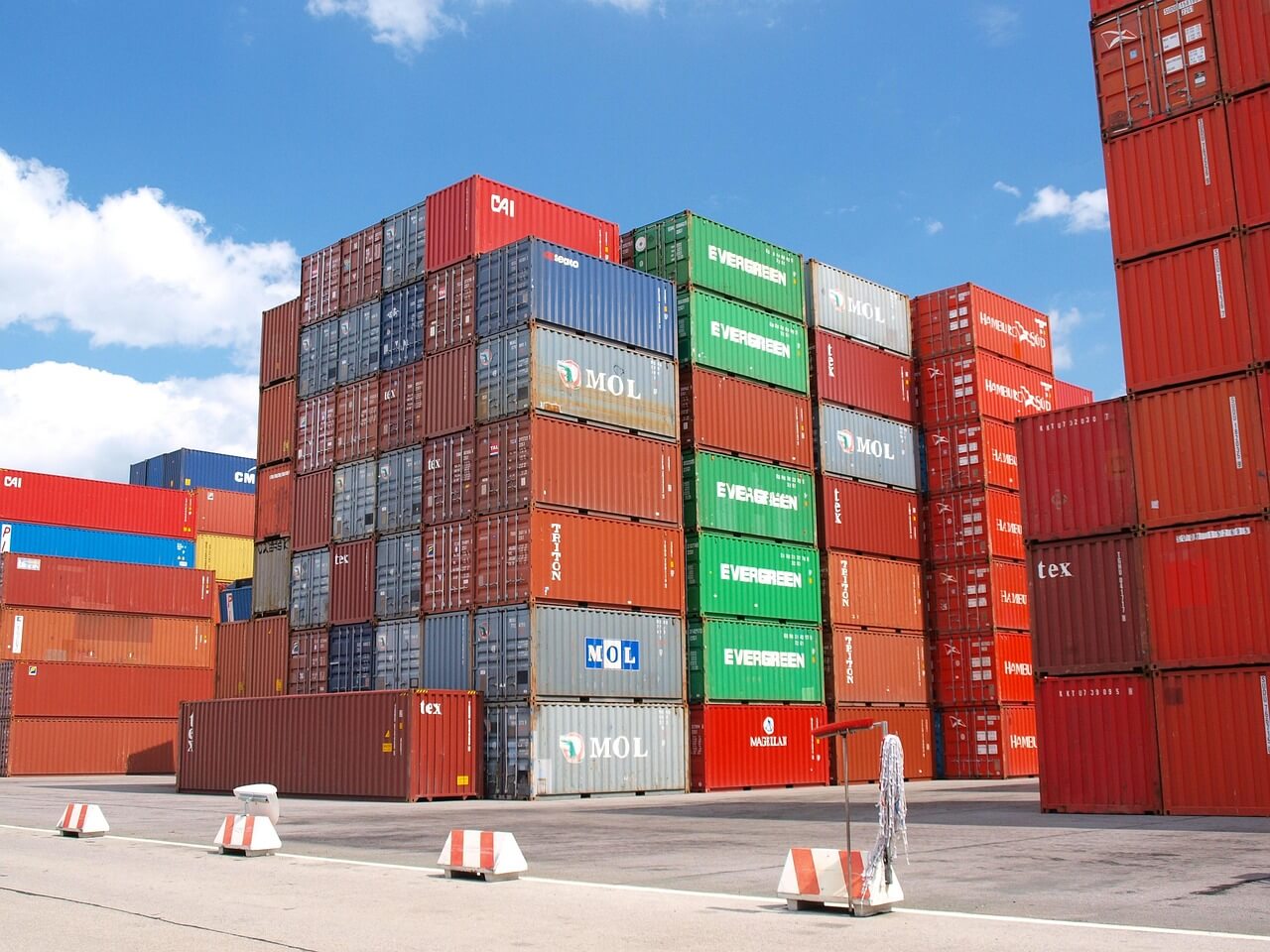 What are the guarantee measures for transportation and transaction services from China to the UnitedApr 30,2025
What are the guarantee measures for transportation and transaction services from China to the UnitedApr 30,2025 -
 How is the international freight delivery service for transporting goods to Saudi Arabia?Apr 30,2025
How is the international freight delivery service for transporting goods to Saudi Arabia?Apr 30,2025 -
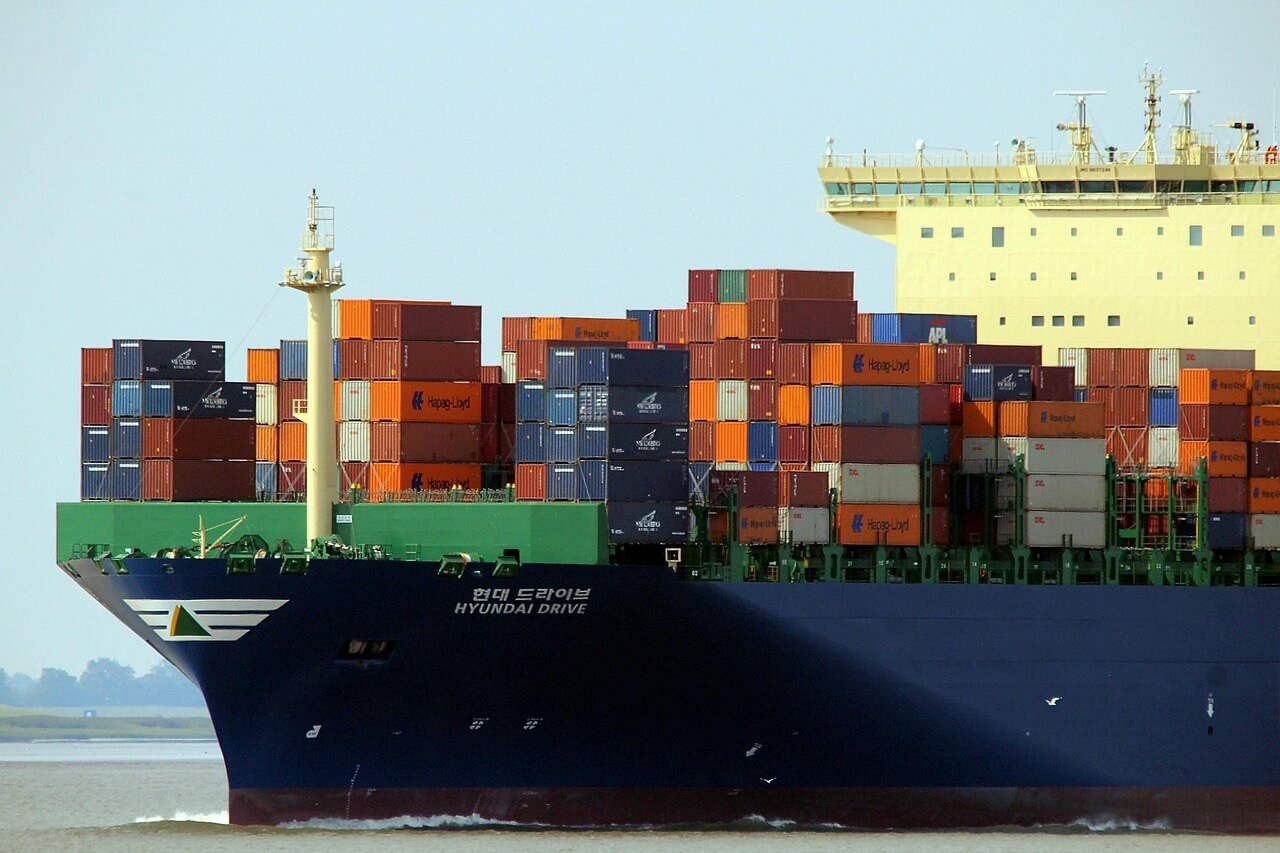 What is the delivery time for international freight from China to Kenya?Apr 30,2025
What is the delivery time for international freight from China to Kenya?Apr 30,2025 -
 What is the customs clearance process for global land transportation from China to the United Arab EApr 30,2025
What is the customs clearance process for global land transportation from China to the United Arab EApr 30,2025 -
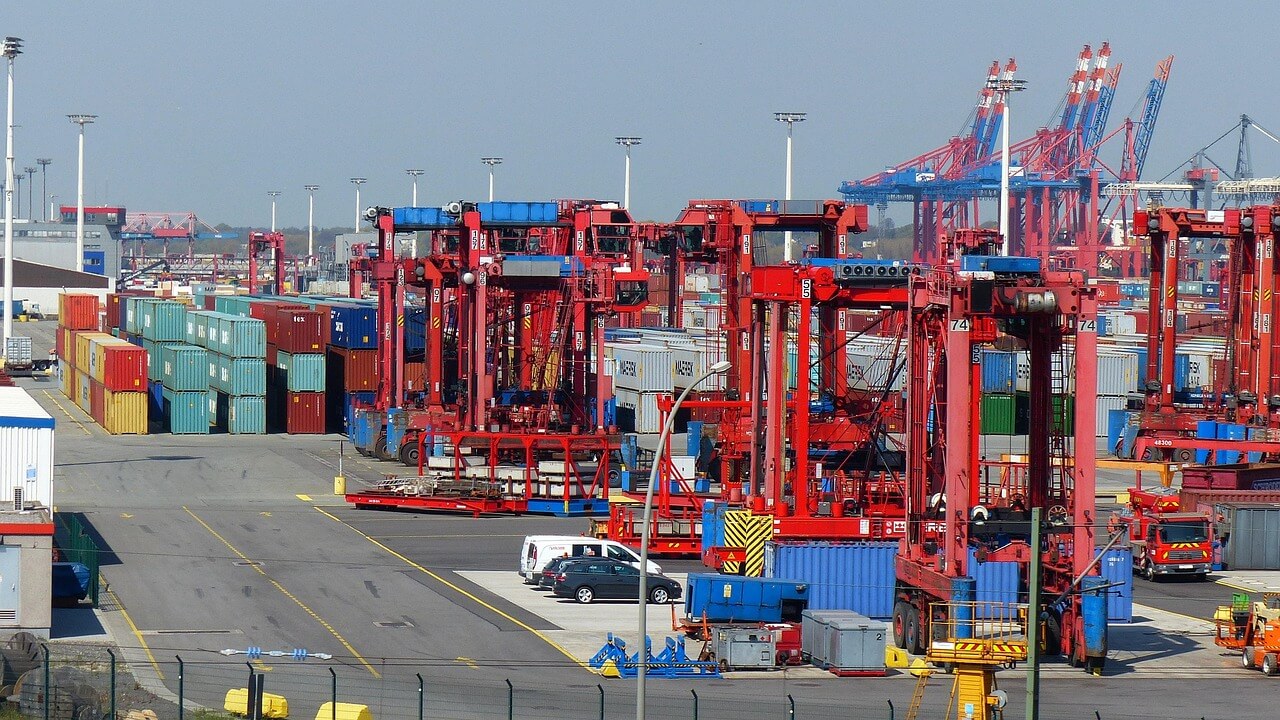 Shipping Guide from China to Qatar: How to Calculate LCL Shipping Cost?Apr 30,2025
Shipping Guide from China to Qatar: How to Calculate LCL Shipping Cost?Apr 30,2025

